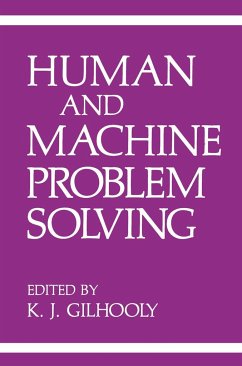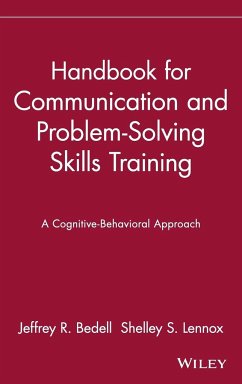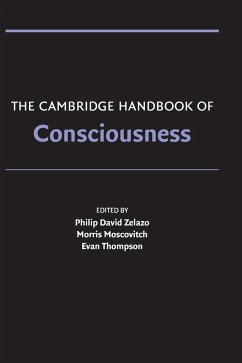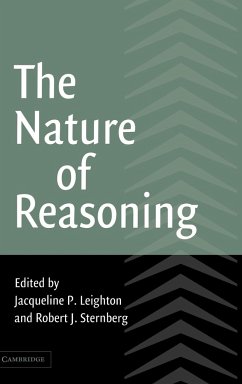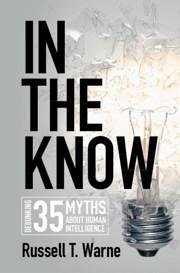
The Psychology of Problem Solving
Versandkostenfrei!
Versandfertig in 1-2 Wochen
94,99 €
inkl. MwSt.
Weitere Ausgaben:

PAYBACK Punkte
47 °P sammeln!
Unlike typical books on problem solving that are organized by content areas, such as mathematics and natural science, this book is organized by factors that affect problem solving performance, such as motivation, emotion, intellectual abilities, and working memory. Its goal is to organize in one volume all that is known about problem solving and the factors that contribute to its success or failure.




